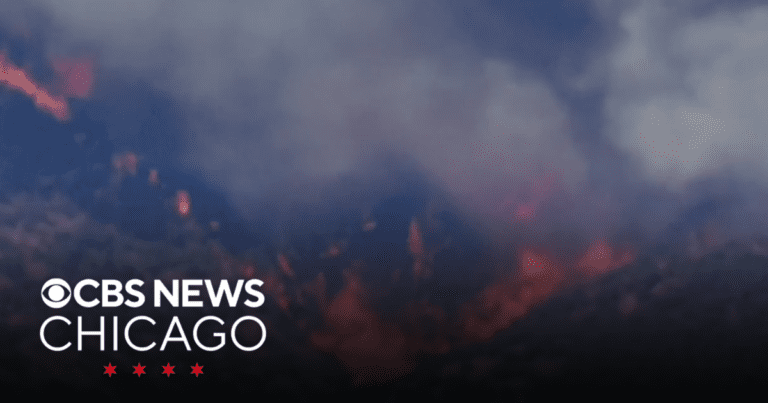Former House Speaker Nancy Pelosi has expressed her deep disapproval of President Donald Trump’s recent executive order, which grants clemency to over 1,500 individuals charged in connection with the January 6, 2021, Capitol attack. In her statement, she described the decision as "shameful" and emphasized that it sends an "outrageous insult to our justice system" and those law enforcement officers who endured the violence that day.
Why This Matters: A Closer Look at the January 6 Insurrection
The Capitol insurrection marked a significant moment in American history, sending shockwaves both nationally and internationally. The images of chaos reverberated around the globe, leaving many questioning the resilience of American democracy. Fast forward four years, and Trump’s sweeping pardons appear to undermine significant efforts by federal investigators to hold accountable those who stormed the Capitol.
Understanding the Executive Order
Trump’s executive order not only pardoned January 6 rioters but also extended clemency to 14 members from extremist groups, such as the Proud Boys and Oath Keepers, who had faced severe charges like seditious conspiracy. Furthermore, the order called for the dismissal of pending indictments against other rioters.
Key Aspects of the Executive Order:
- Number of Individuals Pardoned: Over 1,500 individuals
- Types of Charges Dismissed: Both nonviolent offenses and violent crimes
- Symbolic Importance: Signifies a stark shift in political accountability
Voices from the Ground: Reactions Post-Pardon
Pelosi’s condemnation reflects a broader sentiment among those affected by January 6. Amidst the fury, former Capitol Police Officer Harry Dunn stated that the day remains "another dark day in American history." He also expressed frustration at Trump fulfilling his promise to pardon the attackers, illuminating a troubling narrative: the normalization of political violence.
Others resonate with this perspective as well:
- Derrick Evans, a January 6 rioter, showed confidence in pardons post-Trump’s election.
- Paula Calloway, leading a group supporting imprisoned rioters, declared anticipation for widespread pardons.
An alarming takeaway? Many believe that Trump’s actions might set a precedent wherein political allegiance can overshadow accountability.
What Does This Mean for Justice?
Trump’s actions signal a concerning trend that could have lasting implications for accountability in political violence:
- Setting a Precedent: If violent actions can be excused for political reasons, it challenges the very foundation of justice.
- Impact on Law Enforcement: The bravery of law enforcement officers is at risk of being undermined as their sacrifices on January 6 are disregarded.
- Future Political Environment: This may encourage a resurgent culture of entitlement among those who commit politically charged crimes.
Public Opinion: A Divided Nation
The response to Trump’s pardons reveals a polarized America. While many support his gestures towards his base, numerous voices in law enforcement and legal circles express dismay.
What Other Leaders Say:
- Alexis Loeb, a former federal prosecutor, pointed out that these pardons trivialize the sacrifices made by law enforcement, further tearing at the fabric of a just society.
Navigating the Political Landscape Ahead
As we look to the future, it’s worthwhile to consider what these pardons say about Trump’s broader political strategy. The inauguration speech hinted at a likely vindictive approach, promising retribution against those he believes have wronged him—including Democrats and even some members of his own party.
Conclusion: A Call to Reflection
Nancy Pelosi’s strong words serve as a reminder of the enduring impact of January 6. The actions taken following such a pivotal moment in history reverberate through our current political landscape, setting significant precedential concerns.
The question now remains—what do we as a society value more: partisan loyalty or the principles of justice and accountability? As the conversation unfolds, it’s crucial for us to engage with one another and reflect on our national identity and values moving forward.
What are your thoughts on this executive order? How do you feel about justice and accountability in today’s political climate? Join the conversation and leave your comments below!














